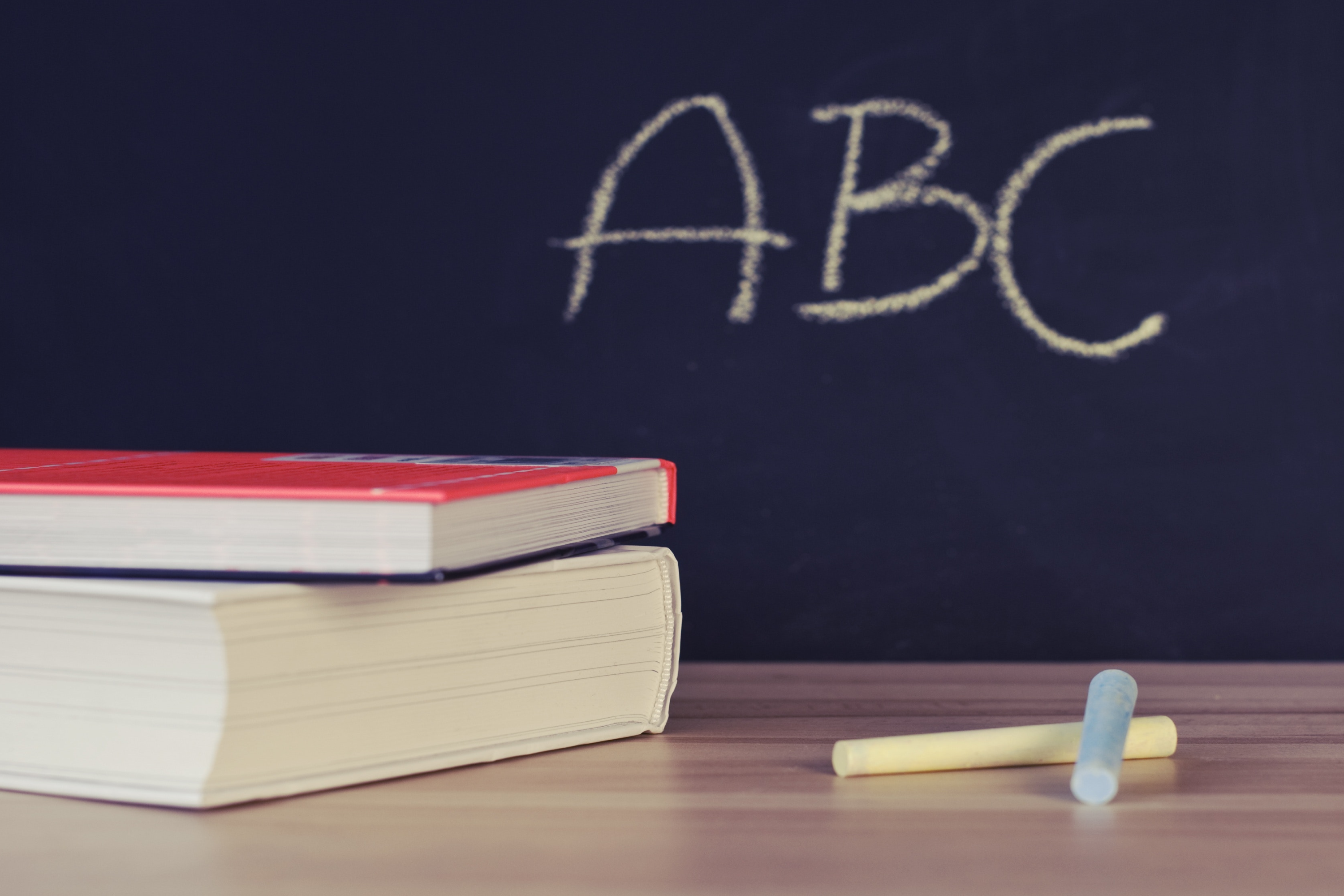The quarantine took us by surprise. Neither the country, businesses, nor people had any idea of the impact that this virus could have on our lives. And thanks to COVID-19 and mandatory isolation, many have begun to question the why of things, the way we work, the distribution of resources, and many other issues.
However, while we are experiencing a difficult time in mandatory quarantine, I think this could be a wonderful opportunity to use technology and our time to develop one of the most important skills needed today: learning how to learn.
What is it and why is it important?
Learning how to learn is based on the ability to know, organize and self-regulate the learning process itself. That is, it means that you already recognize how you learn, reflect on your performance and have the ability to correct it if necessary.
Developing this capacity is important in times of high uncertainty. For example, this week during which we have been bombarded with readings, videos and online courses and we have moved a little away from traditional paradigms and models of education, we must ask ourselves if we are really learning with them. Let's remember that many times we can read or see something, but that if it is not applied in that moment, it is very likely that we will forget it or only remember a small part of it.
How to start developing this capacity?
First of all, you need to change the phrase "I don't know" to "I don't know yet" (a phrase widely used as part of Laboratoria’s bootcamp, for example). You have to buy into the idea that a person can learn from everything and can be capable of what they would never have imagined. Shifting to a growth mindset, a way of thinking in which your core qualities are things you can cultivate through effort, strategy, and the help of others - may not be easy, but it is the first step in starting your journey as a lifelong learner. You just have to find your own way of learning.
Second, get in the habit of failing and learning fast from mistakes. Most of us adults grew up in an educational environment where mistakes are followed by punishment. Or, even worse, many continue to work in an environment where that way of thinking persists. The truth is, though, that usually the times we have learned the most, is when we have failed. Now, it's not about failing just for the sake of failing, but really learning what I could have done differently and how I'm going to do it next time.
Third; feedback, feedback, feedback. Self-reflection is a good way to begin tracing out a learning path, but we often miss things that we do not see, so we need to ask for feedback from other people. Sometimes we think we are the best, and yet our team or friends do not see it that way. The reason behind asking for feedback from other people is that it’s an essential piece for our development, and for identifying how to continue improving our learning process.
Finally, embrace uncertainty and adapt to change. In an era that moves forward so quickly, the only thing left for us is to accept living with uncertainty and adapt quickly to change. People who can work in this context will be the most appreciated, because they will be predisposed to learning faster and more easily.
"It's not that I know more than you, I just use Google better than you." I heard this phrase when interviewing someone for a job position and since that moment I fell in love with it. I think it defines very well the context we are living in, the age of knowledge where all the information is in our hands. But it is also a time in which people who put a little more effort into learning and developing their skills stand out. Remember, when you have a question or doubt, someone else has surely already asked the same question on Google. At the end of the day, it's not that someone knows more than you, they just know how to use Google in a better way. Challenge yourself and start trying!
*Translated by: RunaHR Team - Service Day 2020
Original article for Diario El Comercio


